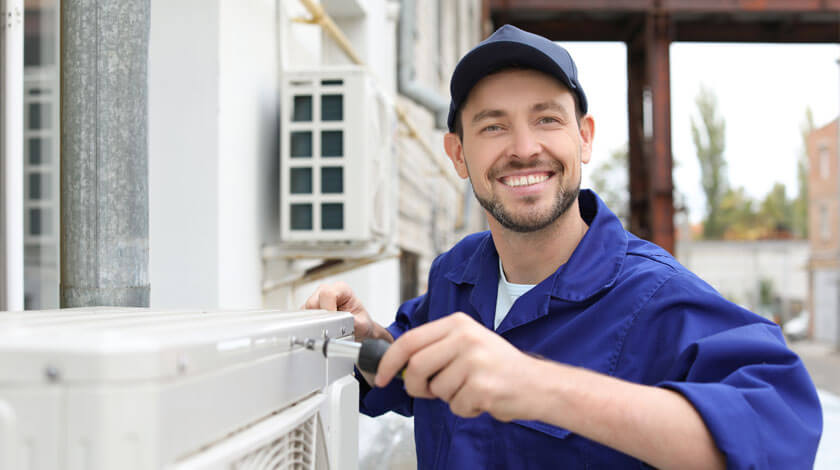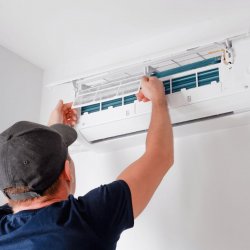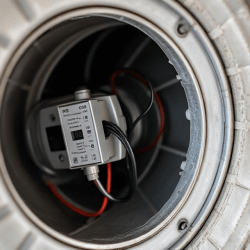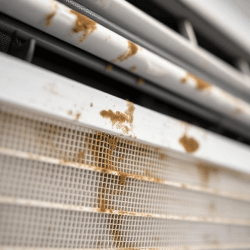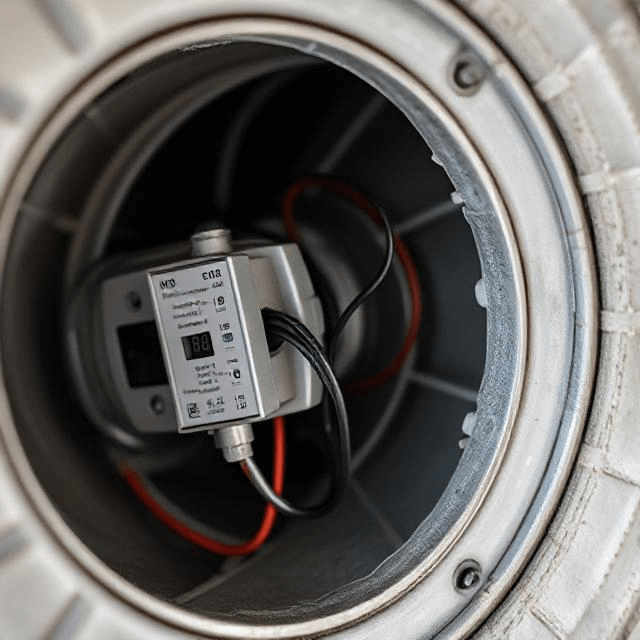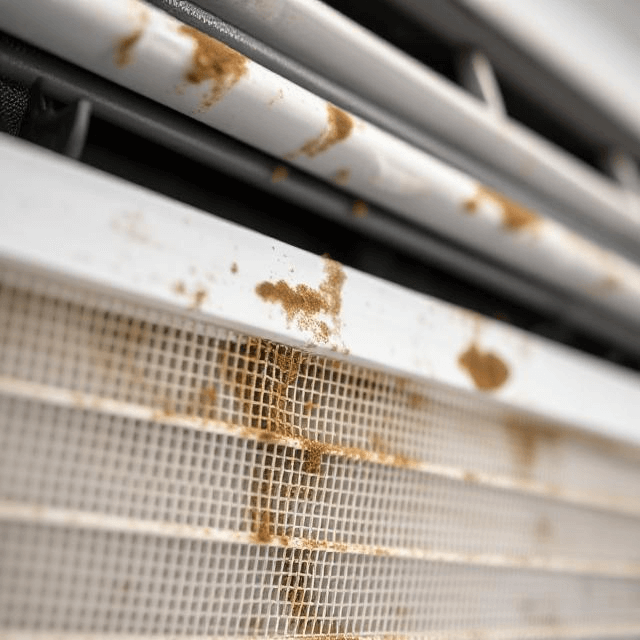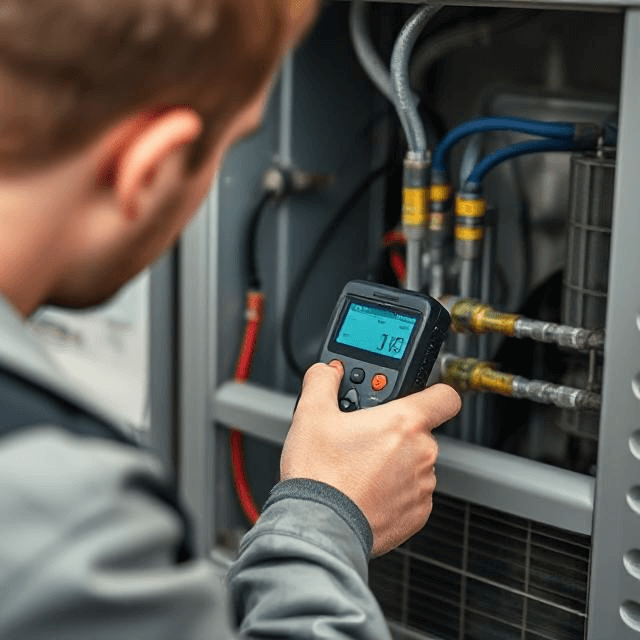Air conditioning is an indispensable piece of equipment for your home or business, especially during the hot summer months. If the warm weather is on it’s way and your AC is on its last legs, you may want to learn more about the Reasons to Replace Your Air Conditioning System Before Summer.
Even though air conditioning is something you just want to set and forget, it’s helpful to understand how an air conditioning system works when it’s time to perform routine maintenance, make repairs, or replace your system.
So if you’d like to learn more, get answers to your most burning AC questions (no pun intended!) and understand how air conditioning systems work, you’ve come to the right place.
So let’s dive in. Keep reading and learn from the most common air conditioning questions we’ve received:
How Does AC work?
Let’s start with the basics. Air conditioning units absorb air into the ducts through a vent, which cools gas in the evaporator, and as it removes heat from the air, it’s cooled. Ducts then blow air back into the indoor space.
This process continues on a cycle until the inside air of your home or business reaches the desired temperature. When the thermostat senses that the interior temperature is at the desired level, it shuts the air conditioner off. When the room heats up again, the thermostat turns the air conditioner back on until the preferred ambient temperature is achieved again.
What is Central Air Conditioning?
The most common way to cool a home is with a central air conditioning system. The system includes an external condenser unit placed outside your home and expels heat as well as an evaporator coil, which generally sits above your furnace and cools the air within your home. Your central air conditioner integrates with your furnace system and together helps clean the air throughout your home.
A great advantage of central air conditioning units is that they provide cooling to all rooms in the home, not just to select rooms. They also tend to be a more cost-effective solution to ductless air conditioning.
Do Air Conditioners Need To Rest?
Air conditioning systems are more innovative and energy-efficient than ever before, but when air conditioners are constantly running, they tend to wear out quicker. To extend the lifespan of your unit, it’s good practice to turn the air conditioner off if you plan on leaving your home for any length of time.
It may seem like a waste of energy to turn your AC on and off, but doing so actually saves you a fair amount of money, or you can also save energy by setting the thermostat a little higher – that’s something we can all get on board!
As an added energy-saving tip, you might consider investing in a programmable thermostat that automatically adjusts to your schedule and habits and creates a schedule to match while reducing your energy bills.
Can The Heat From The Air Conditioner Be Reused?
Air conditioners are a sealed system that brings cool, pressurized refrigerant through the evaporator cooling coils through your space, and the air is cooled through a blower. Therefore, the heat is expelled outside and cannot be reused.
Why Does Water Leak From An Air Conditioner?
Residential air conditioning units do not use water, contrary to what many believe. Instead, they rely on an evaporator coil to produce cool air. This cooling process creates condensation and results in water droplets exiting the unit; that’s why it’s a common misconception.
However, if you spot water leaking from your AC into your home, it’s probably due to a clogged condensate drain line. If the drain line gets clogged with dust, dirt, sludge, or mold, that water backs up into your home; this can happen to stationary central air conditioners for residents or window units.
Why Does Air Conditioning Help With Allergies?
Air conditioning helps you say goodbye to seasonal allergies thanks to their excellent cooling process.
AC units remove water from the air, which, as a result, removes water-soluble allergens, pollutants, pollen, and particle matter that cause common allergy symptoms.
Do You Need a Permit to Install an Air Conditioner?
Not every AC improvement project you tackle will need paperwork, but those that alter a building’s structure, use, or could potentially cause hazardous working conditions do require a permit.
The main reason permits are so important is that they guarantee that the equipment in your home is up to par with the government’s energy efficiency standards.
These are the most common AC projects that require permits:
- Installing a new air conditioning unit and system
- Building a garage or carport
- Installing a furnace (gas or electric)
- Ductwork
- Change in the design of heating, air conditioning, or electrical
How Do I Select The Proper Air Conditioning Size?
A properly sized AC is critical to ensure your living space is comfortable and minimized energy costs.
Before selecting an AC size, ask yourself the following questions:
- How many bedrooms are there in the living space?
- What is the size of the living space (business or home)?
- What type of windows do you have?
- What are the insulators in your walls and your ceilings?
- What is the exposure of your home? (southern or northern)?
How Can I Choose The Right AC Filter?
If you’re new to the world of air filtration, you’re in for a treat.
Did you know the air inside your home can be significantly more polluted than the air outside? (I know, we were shocked when we learned this too.) This is due to the concentration of pollutant sources and the fact that air can stagnate inside a sealed building.
Air filters are a semi-permeable shield that stands between your HVAC system and the air inside your home. The filter intercepts the air in your ductwork and acts as a barrier for things like dust, mold spores, pollen grains, pet dander, and all the nasty stuff you don’t want to breathe in. That stuff gets caught by the filter, and clean air moves on without it.
So, yes. Choosing an AC filter is important.
Now that you know this, you’re probably on your way to get yourself a new filter (or so we hope.) One of the things you should look at when purchasing a filter is the filter’s minimum efficiency reporting value (MERV) rating. The MERV rating gives filters a score from between 1-20 that indicates the air filter’s ability to capture airborne particles while air is flowing through your cooling system. The higher the MERV rating, the smaller the filter’s particles will capture before the air is circulated into your home. When you’re selecting a new air filter, it is recommended that your filter have a MERV rating of at least a 7.
Beyond the ratings, there are several different air filters to consider when you are making your decision. The needs of your family, the number of pets in your home, and your budget can impact which is the right air filter for you.
Have more questions? We’ve got answers.
Leave us your AC questions in the comments below, and we’d be happy to help! If you are looking to repair or replace your existing AC unit or need guidance, please give us a call today to assist you.
For a comprehensive guide on the different kinds of HVAC systems available today, check out our article “What Are the Different Types of HVAC Systems?“



